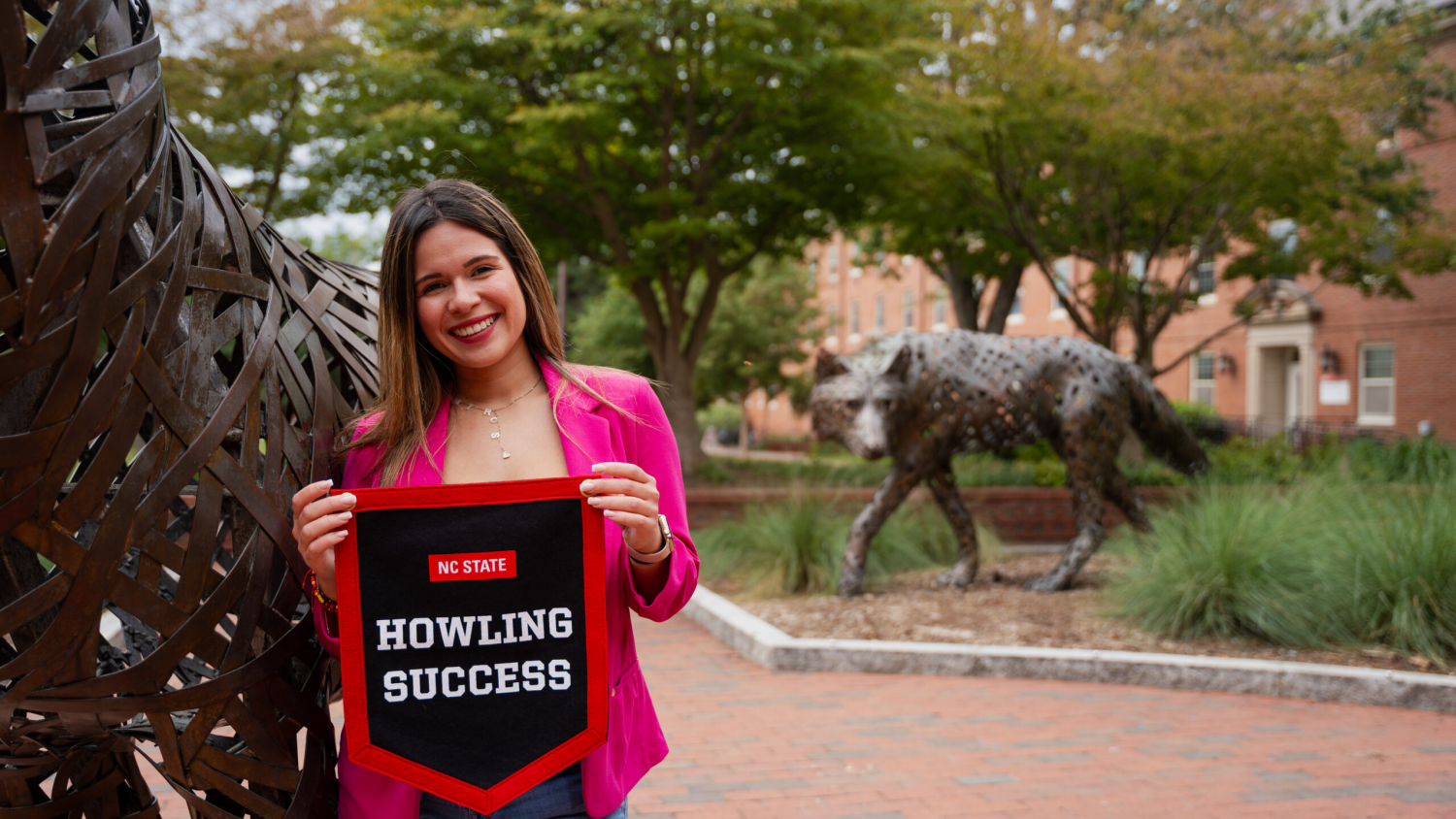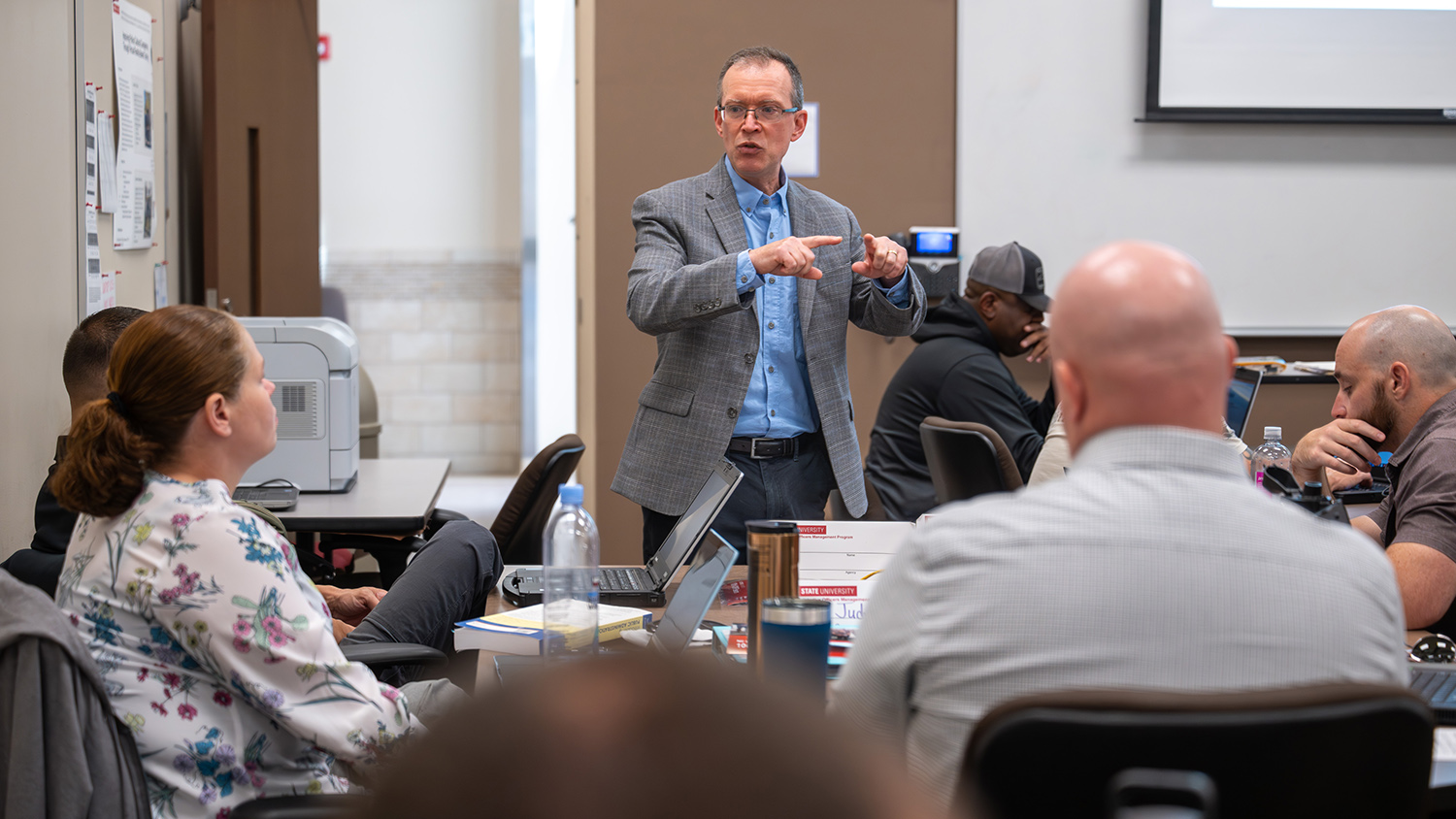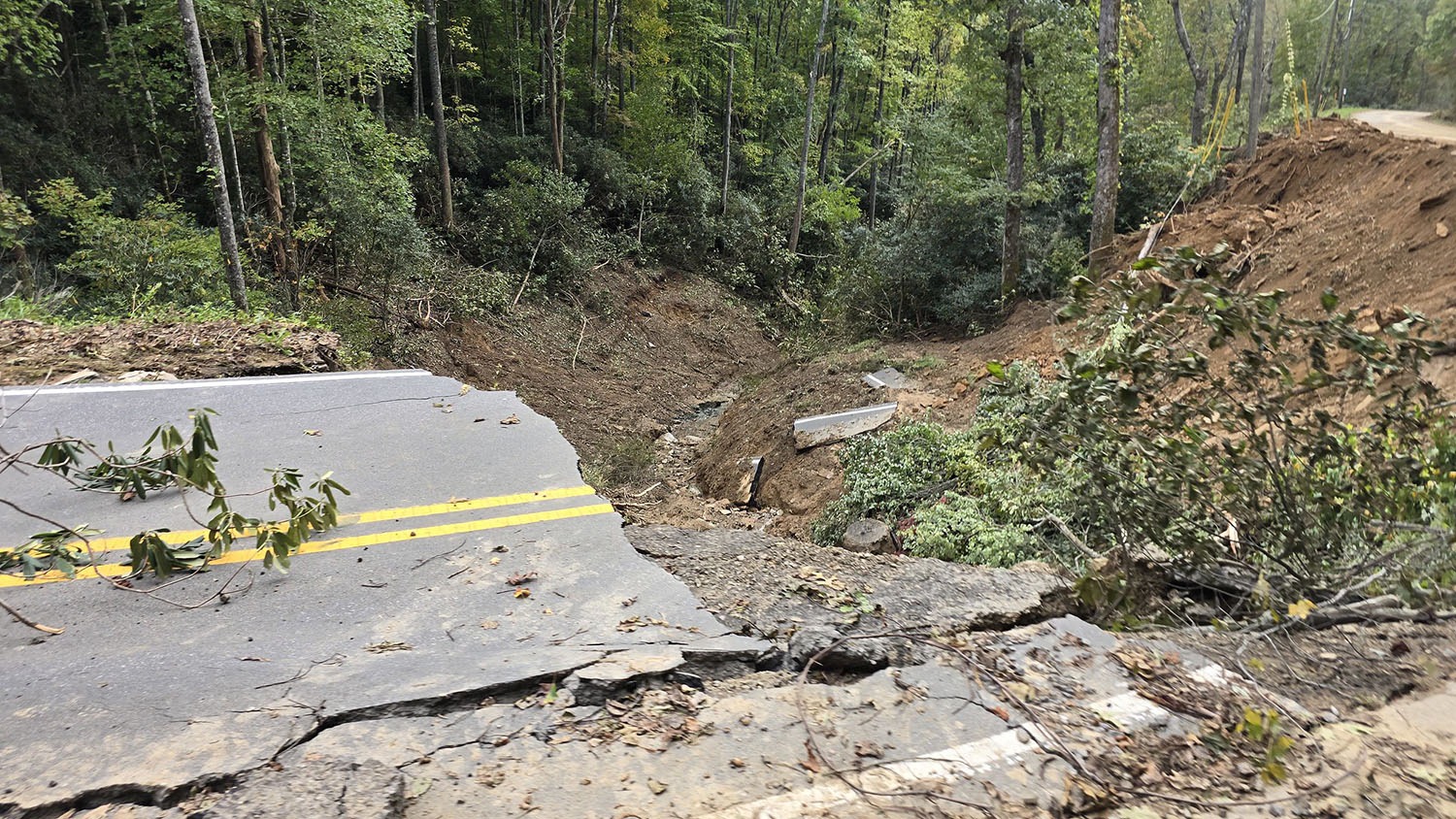Wolfpack Writers: Joseph Millar
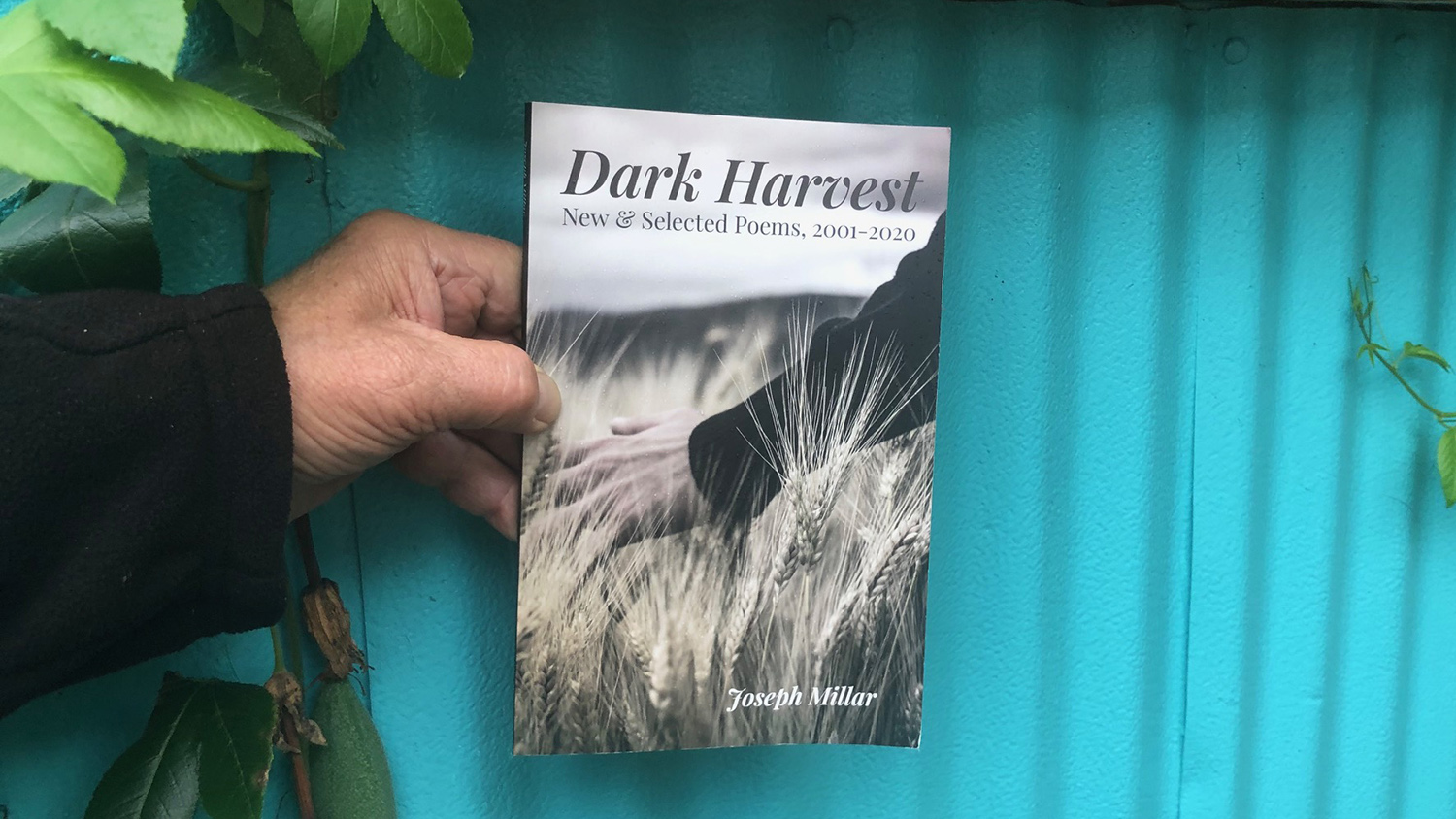
Poet Joseph Millar is a professor of the practice in NC State’s MFA in Creative Writing program. He has won fellowships from the Guggenheim Foundation and the National Endowment for the Arts, as well as a Pushcart Prize.
Millar’s most recent collection, Dark Harvest, showcases two decades of his finest work, including award-winning poems centered on the unseen men and women at the margins of American life. We caught up with Millar to learn more about his poetry inspiration and life in and out of the classroom.
What kind of poems are featured in Dark Harvest?
These are mostly poems of daily life. Work poems, love poems, poems of the family and single fatherhood. Every once in a while, a poem of social conscience or a poem to someone in particular, a favorite poet like Pablo Neruda or a hero like Sitting Bull. I put the collection together as a tribute to my brother, who passed away two years ago — a few of the poems are for him.
Where do you find inspiration for your poems?
From the physical world and the times I’ve lived in, often from people I’ve known. Sometimes from historical events or the weather. Sometimes I’ll write a poem to see what I truly think about an event or a trend in the culture, or maybe something that happened to me, as a way to help figure it out. Sometimes I write because I want to complain … sometimes I just want to make a song.
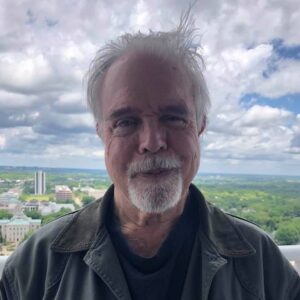
How does your writing affect your work as a professor and your interactions with students?
My own writing helps me to relate to the problems they face starting out as young writers. We are all the same when we’re staring alone at the blank page.
What got you interested in poetry?
My father loved poetry and had records of people like Dylan Thomas and Robert Frost and the actor James Mason reading The Book of Ecclesiastes.
Do you have a favorite poem or poet?
Some favorite poets: Federico García Lorca, W.B. Yeats, Lucille Clifton, Philip Levine, Ruth Stone and James Wright.
When do you read?
At night in bed. Except for poetry, which can make me too excited to sleep. Poetry I read in the afternoon. I like to read when it’s raining outside.
When do you write?
Night time. Middle of the day. Mornings once in a while.
What’s next for you?
More poems, I hope. There doesn’t seem to be an end to this practice, though there are certainly no guarantees. I never know where the next poem may come from, and I’m always grateful when it shows up.
- Categories:
